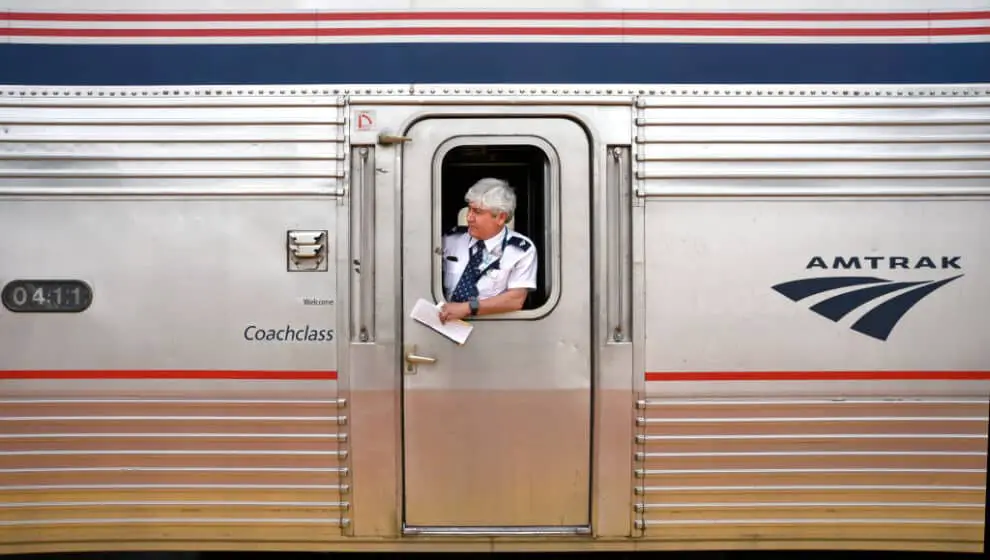Another rail-workers union has voted against the tentative agreement from the Biden administration—rekindling concerns about a rail strike.
Key Details
- The Brotherhood of Railroad Signalmen (BRS) is the second rail union to reject the tentative agreement between unions and rail administration brokered by the White House.
- BRS is one of three unions still in negotiations and represents more than 10,000 rail workers. Over 60% of the union voted not to approve the agreement.
- A rail strike poses a critical threat to the American supply chain and could cost the American economy $2 billion per day.
Why it’s news
In September, the Biden administration helped unions and rail administration come to a tentative agreement in order to avoid a rail strike. Union representatives then took the agreement back to the rail workers who cast their votes. So far, rail workers aren’t pleased with the results of the negotiations.
BRS’s rejection of the agreement was a resounding one, with BRS president Michael Baldwin noting that this vote had some of the highest voter participation in BRS history. The rejection also marks the first time this union has rejected a national agreement.
Earlier this month, the Brotherhood of Maintenance of Way Employees, a fellow rail union, also voted against the agreement.
There are 12 total unions representing the 115,000 rail workers. Six unions so far have agreed to the tentative deal, but all 12 unions must reach an agreement in order to avoid strikes on the rail system.
Per previous agreements, the rail workers cannot strike until November 19.
Backing up a bit
In September, the Biden administration helped union representatives and the rail administration come to a tentative agreement.
That agreement had recommended a 7% pay increase this year and retroactive increases for the last two years since negotiations have been ongoing since 2019.
Over the next two years, the agreement includes a 4% and a 4.5% wage increase and an annual $1,000 bonus.
One of the main points of contention during negotiations had been a disagreement over sick leave policies. Though exact terms haven’t been outlined, President Joe Biden said in an earlier statement, “These rail workers will get better pay, improved working conditions, and peace of mind around their health care costs: all hard-earned.”

